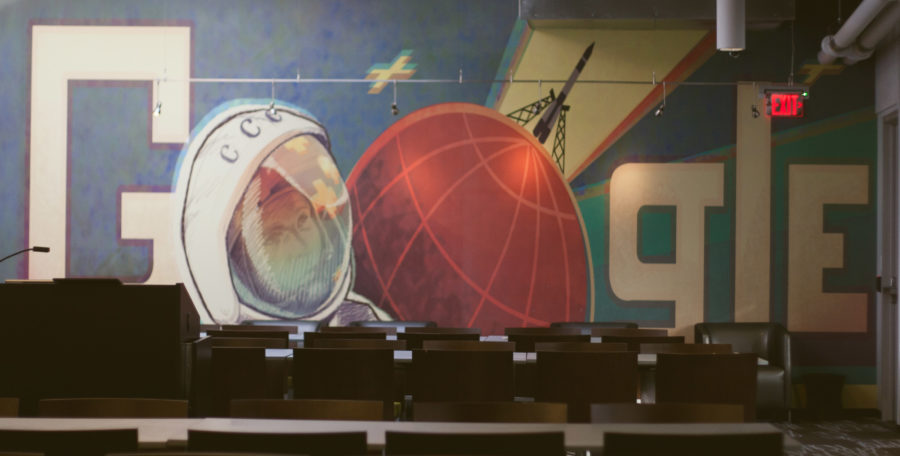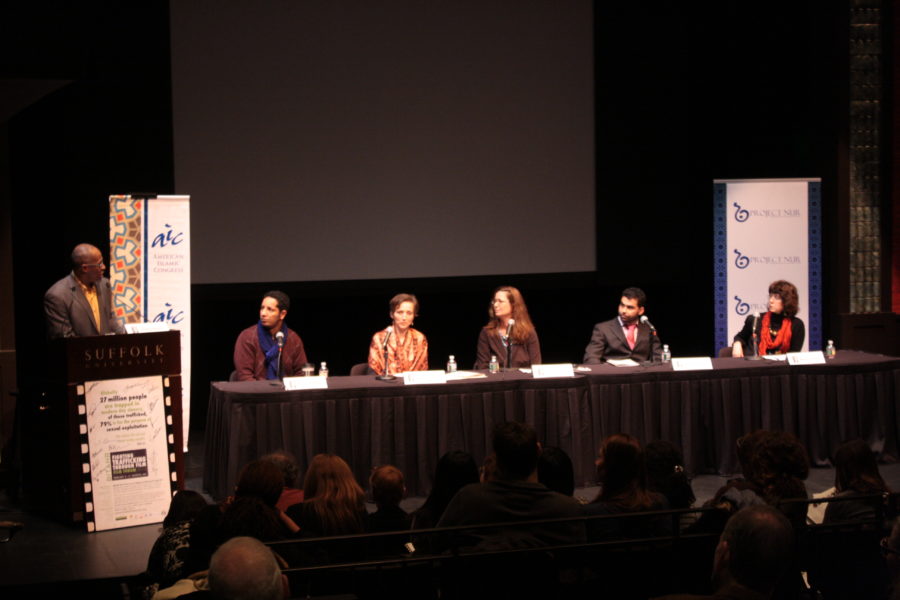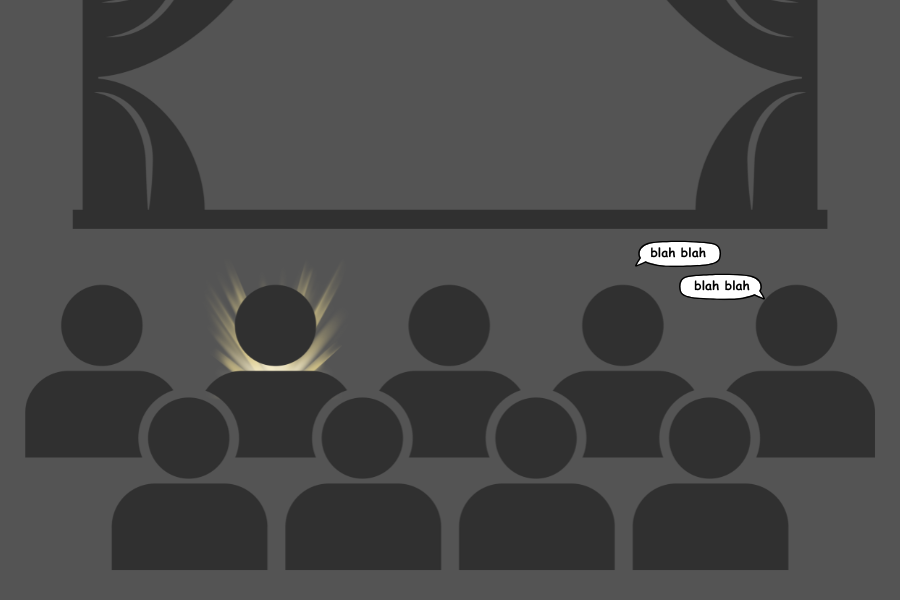Sarina Tracy
Journal Staff
A trip to Graceland. An iPod. A Greek vacation. $10,000. If these items sound like a showcase showdown on the Price is Right to you, you’re wrong: they are all gifts given to the 33 Chilean miners after their famous rescue on Oct. 14. All rescued miners were unearthed from their 69 day imprisonment and met with their newfound celebrity status as the entire world watched.
The disaster, which took place in Copiapó, Chile, was a horrific mine collapse that trapped all 33 men 2,300 feet below the ground. For weeks, the world was enthralled with their story: how they were receiving the materials they needed to survive, what their living conditions were, and what the plan was to rescue them. News media all around the world could not publish and broadcast the information fast enough. It is no small feat that all men not only survived the accident, but also their entrapment underground. It is, however, puzzling to note how their celebrity status is developing in relation to the attention it has grabbed. Steve Jobs personally sent them all their own iPod Touch. Tourism Minister of Israel, Stas Misezhnikov, invited the miners with their spouses for a week-long, all-expenses paid sightseeing tour to experience a “spiritual journey” this Christmas in the Holy Land. Interview requests offering upwards of $20,000 have been bombarding these men and their families. Book and movie deals have been discussed, but not decided. Vacations abroad have been offered.
Is this the most important topic in the world to be focusing on? Is our culture so dead-set upon capitalizing on other’s experiences, that we must invade their lives for better or worse, when other, more pressing issues should be covered?
Yes, it was a disaster, and yes, the best possible outcome became reality. However, mining accidents are more common in Latin America than most think, and often more deadly than the one in Copiapó. Recent mining accidents have seen less than happy endings, claiming dozens of lives in Colombia, Mexico, Peru, and Venezuela. In August, while the world was preoccupied with the trapped, albeit alive 33 miners in Copiapó, an explosion in a remote Venezuelan gold mine killed 15 miners. This month, five miners died in a coal mine collapse in northern Chile. In June, an explosion at a coal mine in northwestern Colombia left 70 miners dead. Where were the daily updates on these tragedies? Where was the aid for their families?
While the world was preoccupied with what Steve Jobs gave as presents, the safety of mining, or the lack thereof, was still at risk0 and inexplicably off the radar.
Plans to form Mining Workplace Safety Commissions in Chile have been announced, but nothing has been formed yet. Thousands upon thousands of dollars have been offered for interviews, but none for tangible prevention of another disaster like the one in Copiapó, or any of the other Latin America tragedies. It seems as though the media and the world’s attention needs to straighten out their priorities. Instead of trips and prizes, there must be accountability as well as aid in safety and regulation for future miners and the avoidance of future disasters.













